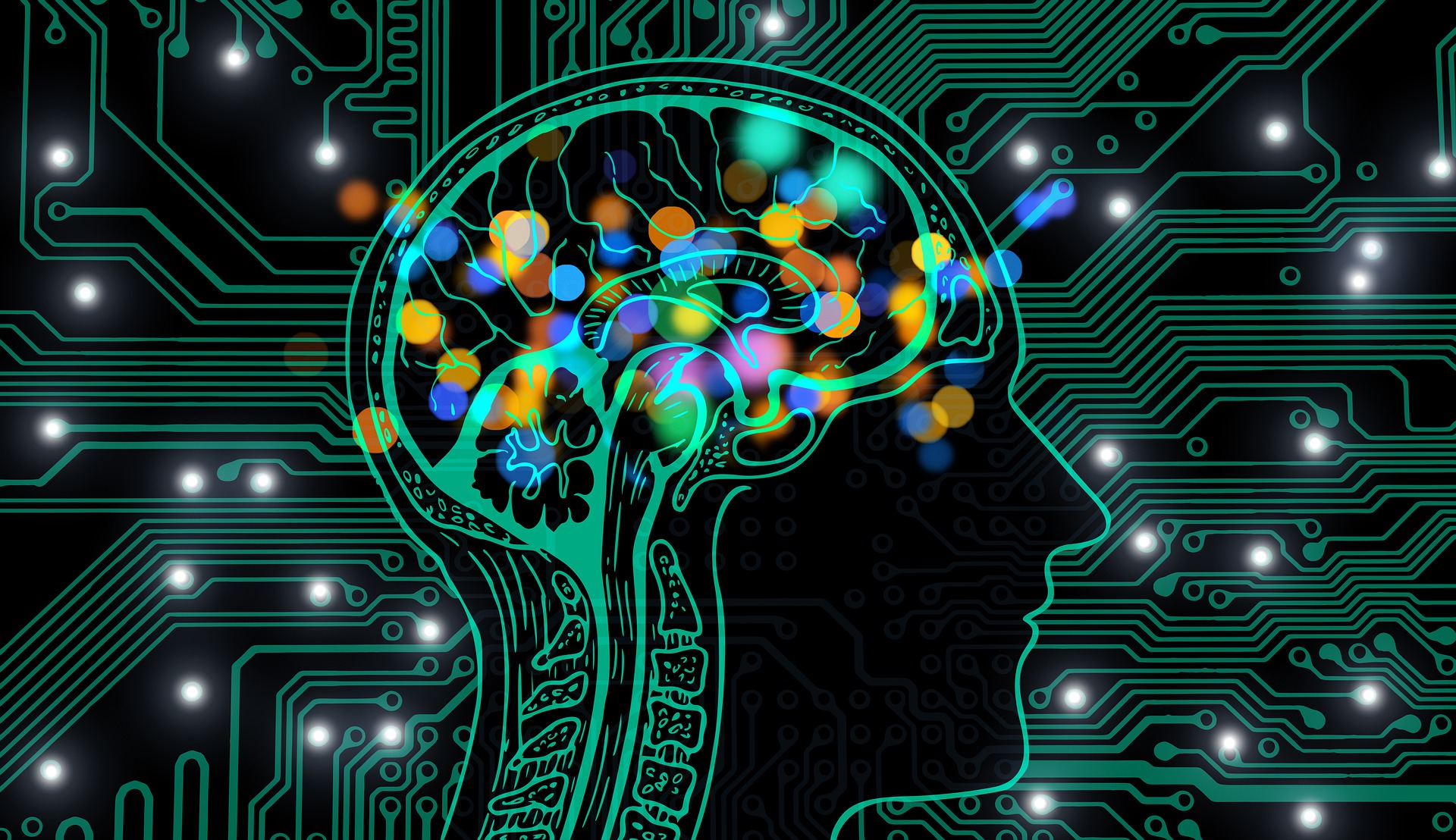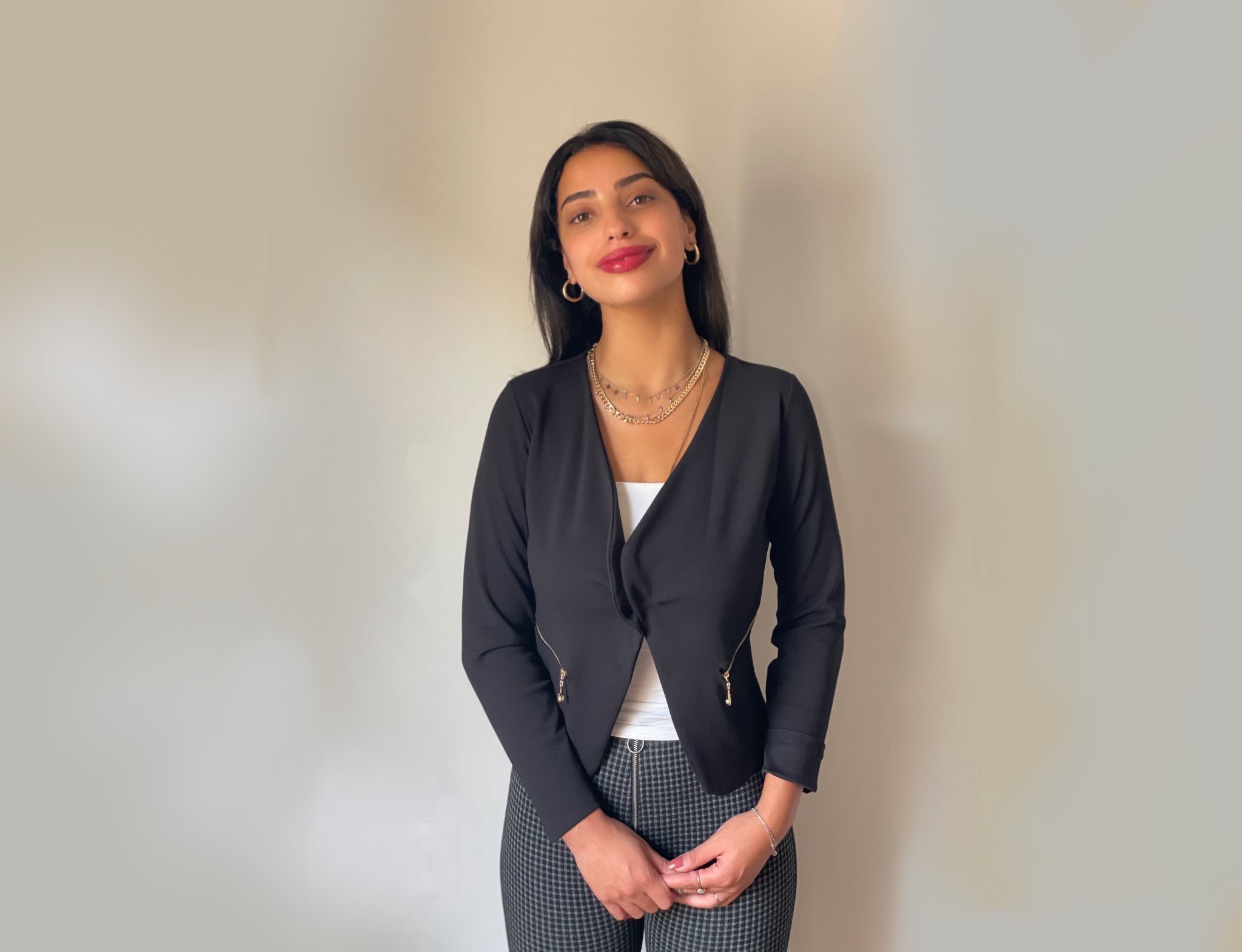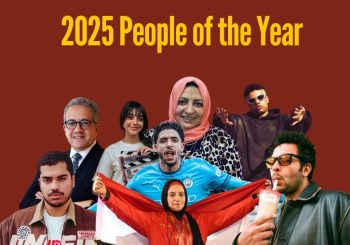Even though everyone is deeply immersed in technology, it is rarely ever understood. In the last few years, there has been a lot of news and debates on the future of technology, yet how will societies and regular individuals ultimately benefit from it?
In the 2021 book ‘The Age of AI’, American computer scientist Daniel Huttenlocher argues that the rapid rise of artificial intelligence can usher a ‘revolution in human affairs’, and that artificial intelligence is becoming too powerful and too enmeshed in human affairs, yet without foresight, thinking and management, it may send “human history in a dangerous direction.”
It has become increasingly evident for computer scientists that the purpose of technology is no longer just about simply producing more products or services, but it is also about making technology that truly understands people and meets their needs. When space is provided for people to learn and understand technology, and feel empowered to be involved in the process of shaping the future, this contributes to making technologies more equitable, inclusive and can provide more opportunities for everyone.
This is where philosophers of technology come into the story – those who can explore more deeply the implications that can result from advancements in technology and think about technology in a way that is more human-driven to help make humans’ lives better. Away from the fantasies of Hollywood films on AI, we need more real conversations on what the future will hold for us.
Aliah Yacoub is an Egyptian artificial intelligence (AI) philosopher at Synapse Analytics, an Egyptian data science and AI company that is also expanding to techQualia, the first interdisciplinary platform sharing simplified information and discussions about AI in the region.
To be an ‘artificial intelligence philosopher’ is to explore human consciousness – the dilemma of the mind, body, and soul – Yacoub explains.
“I realized almost instantly that any explanation of how the human mind works had great implications on whether AI is at all possible. After all, AI is an attempt at mimicking the human mind, so it’s really a sounding board of sorts,” she says.
For her postgraduate research at the University of Groningen, Netherlands, she contemplates the questions that often come up in our mind, but which we rarely ever integrate in our behavior to understand the technologies we use at a much deeper level. For instance, what does it mean for us to be conscious? And are neural networks in artificial intelligence and deep learning enough to mimic brain architecture and human behavior?
“In the region, we’re leveraging AI solutions, transforming industries, and increasingly competing in the global AI race. But we don’t actually understand what AI is. Even though it’s true that algorithms, deep learning and AI have emerged as unparalleled, yet everyday forces of power, the Hollywood-fueled dreams and nightmares of superintelligent futures, awareness about AI—what it actually is and can do—lags ages behind where we are technologically,” she says to Egyptian Streets.
To strike a balance between two significant directions of AI progress in the Arab world, ‘Synapse Analytics’ aims to capitalize on the opportunities that AI can bring for business growth, as well as the need for research and reflection to contextualize the impact of the industry in the region.

More specifically, it helps businesses and organisations exploit their data for descriptive, predictive and prescriptive insights to enhance their business operations and build data-driven products. In the same vein, Synapse Analytics also offers two of its flagship products, Azka Vision, which extracts data from CCTV cameras and surveillance systems like people count, heatmaps, and facility management solutions, ass well as, KONAN, which is an MLOps (Machine Learning Operations) tool that streamlines the machine learning lifecycle for data scientists and ML Engineers.
With four distinct teams – Data Science and Machine Learning; Deep Learning and AI; Big Data and AI; and Business Consulting – the company has worked on projects for 30 corporate customers thus far, such as assisting a FMCG company in optimising its gas utilisation within its manufacturing process.
To realize the need for research and reflection, techQualia, a separate platform, was launched to push the frontiers of AI research and awareness in the region, and localize AI content to make it more accessible for regular people who may not fully understand the new technology.
“There is so much we don’t know about the philosophy behind and the radical potential of AI, and what it could mean for us in the region. AI is such a young field, and has barely scratched the surface of our needs and opportunities in the Middle East,” Yacoub says. “For example, are we ready for superintelligent AI – one that exceeds human intelligence- in the region? What could happen to the region’s labour-abundant workforce if we enter a feature of technological servitude?”
There is already a downward trend in the labor share of global income, an IMF paper reveals, and lower-skilled workers are already bearing the brunt of income losses and the concentration of capital and technological products for the top and higher-skilled workers.
AI does not have to just be about addressing our everyday needs. Around the world, scientists are harnessing the potential of AI to do more for the social good by providing more job opportunities or even fighting hunger, with the example of AI-driven indoor farming to produce more food or provide new data to improve the efficiency and performance of farmers. Recently, the International Water Management Institute (IWMI) and the United Nations Food and Agriculture Organization (FAO) launched the IRWI-phone application to provide farmers with customised information based on their land and local weather conditions, and translates the technical data into irrigation schedules.
“What we’re trying to do is help people rein in the grand, usually unrealistic predictions about how AI is ‘transforming the world’ and substitute them with real-time knowledge about the actual future possibilities of AI and how they can use them,” Yacoub says.
“The entire region has been taking bold steps towards creating an AI ecosystem. But, in terms of Egyptian businesses, we see a really common problem of a knowledge gap. We have the technological and operational potential, but we’re bogged down by what people think AI is, making AI adoption that much harder,” she adds.
In line with Synapse’s goal to democratize AI, techQualia aims to comprehensively and critically explain AI in a free, accessible, and exhaustive manner, Yacoub explains.
“This is why we launched ‘techQualia bl 3araby’ recently, as an attempt to truly localize our content and make it more accessible to the people in the industry, the accidental techies, the average Egyptian, and everyone in between,” she explains.
Democratizing AI cannot depend on one factor alone, which depends on sharing accessible information and closing the knowledge gap. It also depends on political will, infrastructure, the quality of data available, the engagement and involvement of community actors in the process.
“AI adoption in public sector services is possible, such as in the healthcare sector, for example, in which algorithms can help in predicting illnesses and early detection. That said, we have to be aware of certain pitfalls of AI. In other words, and at the expense of sounding cliché, AI won’t help us if we don’t let it. So, preparation can come in the form of providing (gender sensitive of course) social safety nets to those at risk of losing their jobs, reskilling, redesigning curricula across different educational institutions, and ensuring adequate infrastructure,” Yacoub notes.
Without striving to make AI more equitable, it can paint an inaccurate picture of our human and social contexts, ignoring the differences in identity, gender, race and socio-economic standing. Research has found that gender-biased AI systems can discriminate against women and even raise concerns around online safety for women, as there are already multiple forms of software and apps that use deep fake technologies for the creation of pornographic or pedophilic content of women and girls.
“Societies need to address the systematic algorithmic biases and the machine learning models that learn from human-made data history that is biased along lines of race, socio-economic standing, and gender to make sure we are not further marginalizing groups of people,” Yacoub adds.“In the face of the most pivotal technological event in the history of mankind – the advent of widespread AI – the least we can do to prepare for it is to arm ourselves with information. And that’s where techQualia comes in, to raise awareness, educate, and fill the knowledge gap.”
“Ultimately, I see techQualia developing into a major, interdisciplinary research hub for AI in the region.”







Comment (1)
[…] inquisitive about girls’s rights, cultural heritage and trend, and political communication.[…] Your Chance to Own a Unique Signed Mo Salah…© 2019 Egyptian Streets. All Rights […]